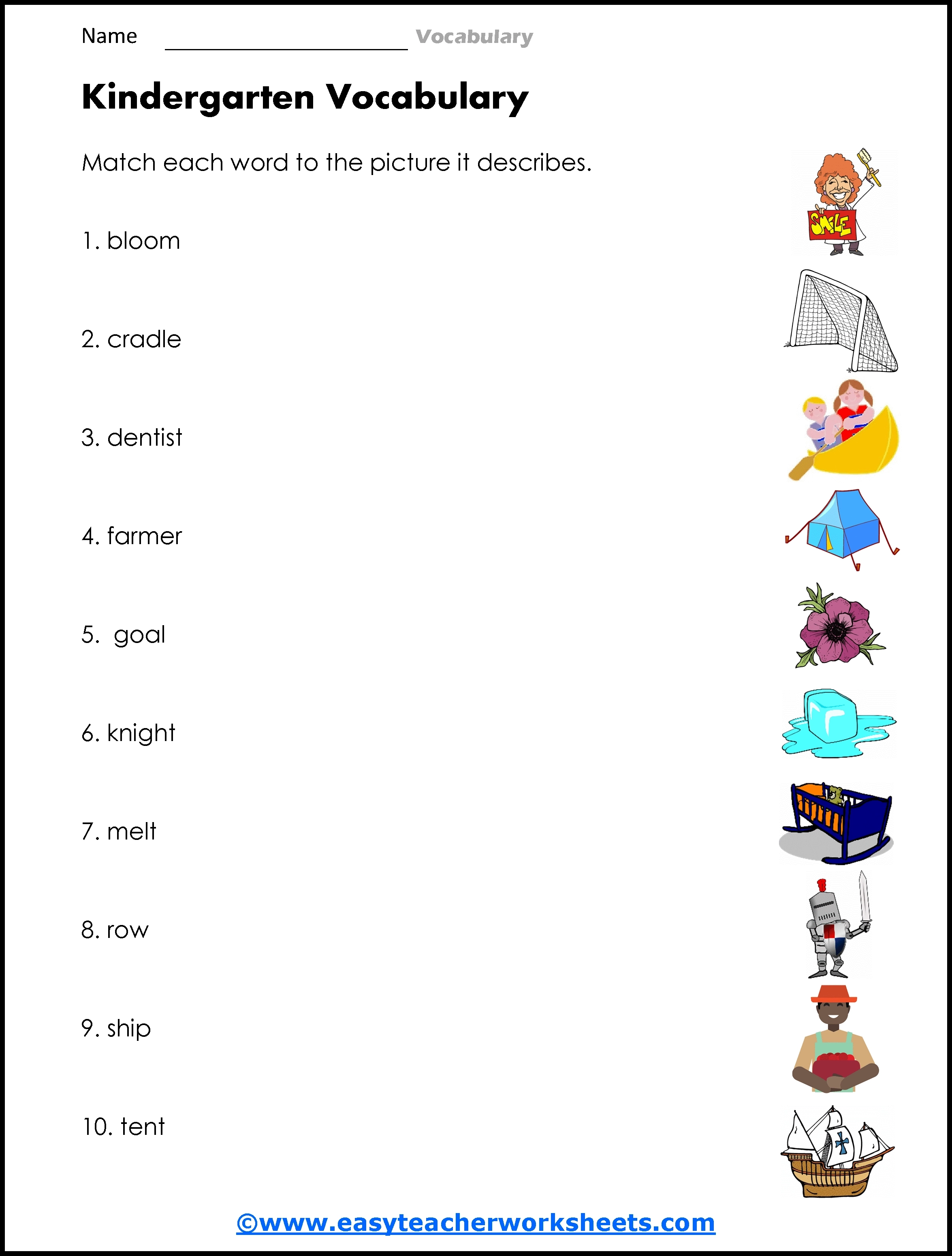what happens to us
When people say "the problem is education" they tend to mean "I want everyone to have the same beliefs as me, but persuading adults is too hard."
I think it's naive to assume that agreeing on a national curriculum is any easier, but assuming that you could, it's even more naive to assume that students would internalize the lessons you want them to.
For example: in high school, I didn't understand our English curriculum's emphasis on literary analysis essays. They seemed mysteriously tautological: fill in the essay template to demonstrate to the person marking you that you can fill in an essay template.😱

I don't mean to insist that the subject of english "justify itself" in that stembro way. I just don't remember anyone ever telling me why it was worthwhile to learn how to analyze literature. I have since read some greek plays and can say with confidence that this was a tragedy.
Here's an explanation that might have worked for me:
Stories are one of the main ways we make sense of the world. Writing is another. We write about stories to gain an ability to think about how they're written and what they mean. This allows to be more persuasive and less susceptable to bullshit. It also allows us to share our perspectives with one another, which is essential for democracy.
I smashed that out in 2 minutes. It's arbitrary and a thousand alternate justifications exist, but the idea is that, for each student, there is a justification that could appeal to them.
Why didn't we do this? Some ideas
- We did
- but not often enough to remember 10 years later (wisdom has a luridness problem)
- but I didn't like the justifications ("it'll be on the test", "it's needed for jobs that pay a lot of money")
- but it doesn't work. Existentialism doesn't vibe with kids before they know their spelling, or, it doesn't make a measurable difference. (also, if every teacher was making the best case for their subject, wouldn't it all come out in the wash and students would drift towards their natural competencies as we currently do?)
- but in the wrong way. Teachers mistakenly believe they are teaching purpose, simply because the purpose is so obvious to them that they don't realize how much more explicit articulation it needs.
- We can't
- it's too politically contentious to agree on
- it's too expensive to personalize per student, teachers are too busy, etc
- teachers are lacking in real-life experience to know all the potential applications of what the kids are learning.
- We shouldn't
- this is something you can only figure out yourself, and it can only ever be an ongoing process.
I suspect the answer is some combination of the above and more. 🏫 It's clearly not "no one's ever thought of it before", but pretending that it is, what outcomes would I hope for?🌏
If I was motivated to write literary analysis because I cared about democracy, maybe my teacher or I would realize that it would then be good to actually try to engage with the substance of other students' arguments. Let's actually test if it's working! It's wild to me how little time we spent as a class, or in groups, debating what V for Vendetta actually meant.
We never tried to persuade one another to adopt different beliefs about what a story was about, or whether it was good or bad. Our essays were written in a near vaccuum, graded more on their internal coherence than in relation to other people's arguments. It's astounding, really, how little dialogue there was. No opportunities to say "I don't think that makes sense" in response to someone's poorly constructed argument. No way to learn better ways of seeing things.🧠
And now we're sleepwalking into education's purpose being entirely lost with language models. I see students at cafés copy-pasting to and from their moodles and can't help but think "Damn, if only you were a little better at questioning what any of this is for."
It's so parallel to the alignment problem that I'd argue it's a comedy.